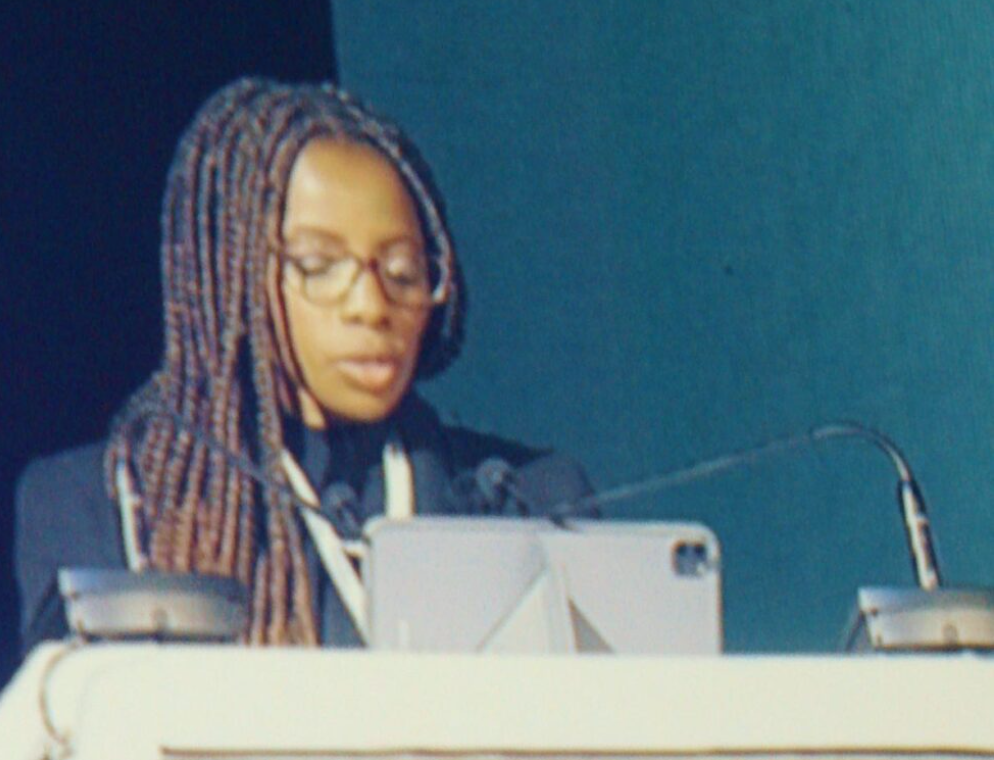
As a starting point, in her presentation, “The Constitution and how it empowers the health ecosystem to protect the interest of the health citizen,” she referred to the 2019 General Household Survey which established that while 84,7% of households have access to healthcare services, “only 16,4% have medical aid/health insurance” and “83,6% do NOT have medical aid/health insurance”.
Gcaleka then reminded her audience that in terms of Section 27 of the Constitution of South Africa, “everyone has the right to access to healthcare services” and that “no one may be refused emergency medical treatment”.
“This means access regardless of one’s ability to pay or not; meaning that no one may be denied this right,” she said, adding that government was duty-bound to achieve the progressive realisation of Section 27 of the Constitution based to a large extent on the principal of equality.
“In terms of the principal of equality,” Gcaleka explained, “discrimination is prohibited, and money and employment should not be determining factors!”
Unfortunately, she was to point out later, factors such as poor governance and corruption had become serious factors affecting the equal distribution of both health and education services according to the Publics Service Accountability Monitor: “This also includes poor performance of government officials and poor management of public resources.
“We need properly functioning state institutions!” she exclaimed, stressing that provincial and municipal levels of government must also be held accountable.
Supporting her concerns in this regard, Gcaleka referred to an investigation into the conditions and performance of four Eastern Cape hospitals in 2020 in terms of Section 6(4) of the Public Protector Act 23 of 1994.
Issues raised were cleanliness, infrastructure, lack of equipment and peripherals, and long queues to consult and access to medication.
“What we found were staff shortages, lack of medical equipment, insufficient supply of PPE, poor physical infrastructure, no mortuary, shortage of office space, inadequate office equipment, shortage of human resources, dilapidated buildings, lack of vehicles, lack of laundry services and poor water supply.”
In short, the responsible provincial health department had failed to ensure “enjoyment, delivery or access” to effective health services for the surrounding communities.
In an earlier reference to the proposed National Health Insurance (NHI) scheme, Gcaleka indicated that the successful implementation of NHI would be largely dependent on a “massive reorganisation of the health system”.
Alluding to NHI again when concluding that high-quality healthcare was a moral and ethical imperative, the planned NHI system, said Gcaleka, would represent a “major opportunity for transformation”.
“However, implementation of these recommendations will require leadership, investment, and accountability.”